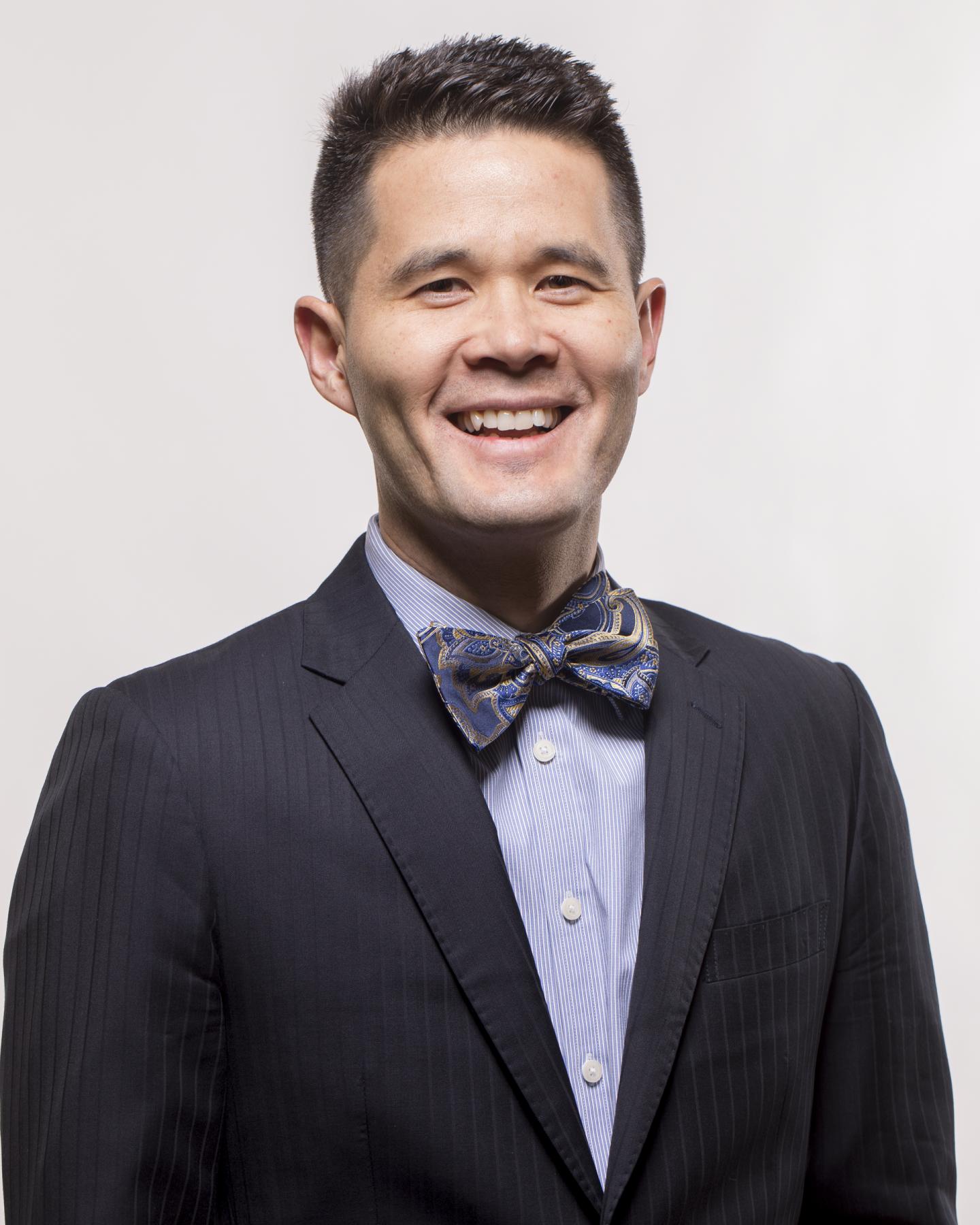UMass Amherst researchers examined Medicare data from accountable care organizations

Credit: UMass Amherst
Accountable care organizations (ACOs), the health care delivery model created by the Affordable Care Act in an effort to reduce Medicare costs while improving coordination and quality of care, typically rely on primary care providers (PCPs) to steer the boat.
“The central message has been that the providers within the ACO need to focus on delivering care through primary care providers,” says Vishal Shetty, a University of Massachusetts Amherst Ph.D. student in the School of Public Health and Health Sciences.
But an ACO’s ability to reduce spending may require a specific balance of involvement from medical specialists, such as a cardiologist, orthopedist or neurologist. That is the central finding of a UMass Amherst study by health service researchers in JAMA Network Open, a monthly open “access medical journal published by the American Medical Association. Health service researchers evaluate health policy and create evidence to inform health policymakers in their efforts to provide value and equity and improve outcomes for patients and society.
Shetty and three assistant professors – David Chin, Laura Balzer and Kimberley Geissler – examined data on 620 ACOs from the Centers for Medicare and Medicaid Services’ Shared Savings Program to investigate the association between office visits to medical specialists and health care spending. The data covered more than five years, from April 2012 through September 2017.
ACOs in which 40 to 45 percent of the patient visits were provided by a specialist had $1,129 lower annual spending per beneficiary than ACOs with a specialist visit proportion of less than 35 percent, and $752 lower annual spending per beneficiary than ACOs with a specialist visit proportion of 60 percent or more.
“This study provides an empirical backing to the idea that a balance between primary care providers and specialists in the delivery of care for ACO patients, especially high-risk patients with chronic conditions, appears to provide optimal cost savings, or lower expenditures, for these organizations,” Shetty says. “We speculated that would be the case, but I don’t think we anticipated $1,000 lower spending per patient in the more balanced ACOs.”
The ACO model shifts the financial responsibility to health care providers by establishing incentives for value-based care over volume. The idea is that better coordination of care will simultaneously reduce unnecessary medical services, improve health outcomes and lower costs. Under the Medicare Shared Savings Program, ACOs receive a bonus if their spending comes in below a benchmark.
The researchers also found that as the proportion of specialist visits increased in an ACO, the number of emergency department (ED) visits, hospital discharges and skilled nursing facility discharges (SNF) decreased.
“The finding of high expenditures among ACOs with the lowest specialist encounter proportion suggests patients in this group receive outpatient care (predominantly delivered by PCPs) associated with higher ED, hospital and SNF encounter rates,” the study states.
Adds Shetty, “We speculated that patients seen only or primarily by primary care providers may receive suboptimal care, especially if they are chronic-care, high-risk patients.”
To more consistently curb health care costs, the study suggests policymakers may want to consider adding medical specialists to ACO governance and creating better financial incentives for specialists in the ACO model.
“There aren’t strong incentives as it stands now for specialists to join ACOs,” Shetty says. “Fee-for-service reimbursement is still a higher incentive.”
###
Media Contact
Patty Shillington
[email protected]
Related Journal Article
http://dx.




